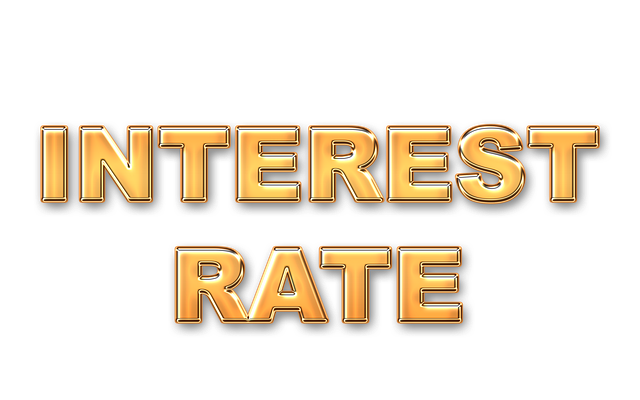Your credit score and chosen property type heavily impact borrowing costs in real estate. Higher scores secure better loan terms, while low scores may lead to higher interest rates or mortgage denial. Residential properties offer more stable lending dynamics, whereas commercial real estate requires extensive due diligence. Opting for a well-established, reputable lender can lower interest rates and improve borrowing conditions, significantly affecting financing costs and financial goals in the real estate market.
In the competitive landscape of real estate, understanding crucial determinants of borrowing costs can empower investors and homeowners. This article explores three key factors shaping interest rates: credit score, property type (residential vs. commercial), and lender reputation. By delving into these aspects, we provide insights that help navigate the mortgage market effectively, ensuring access to competitive financing options in the dynamic realm of real estate.
Credit Score: The Key to Unlocking Lower Rates

Your credit score is a crucial determinant when it comes to borrowing costs, particularly in the real estate sector. Lenders often consider this as a primary indicator of your financial reliability and risk level. A higher credit score generally translates to better loan terms, including lower interest rates on mortgages, which can save you thousands over the life of your loan.
This is because lenders view borrowers with strong credit scores as less likely to default on their loans. As such, they’re more inclined to offer favorable borrowing conditions. Conversely, a low credit score may result in higher interest rates or even denial of a mortgage, making it more expensive to purchase property or refinance existing real estate investments.
Property Type: Residential vs Commercial Impact

In the real estate market, understanding the crucial determinants of borrowing costs is essential for both investors and property owners. One significant factor that influences loan rates is the property type, whether it’s residential or commercial. Residential properties, such as single-family homes or apartments, generally have more stable and predictable lending dynamics due to their widespread demand and established appraisal values. This stability often translates to lower borrowing costs for homeowners seeking mortgages.
In contrast, commercial real estate loans carry unique risks and considerations. Businesses investing in industrial buildings, retail spaces, or office complexes face higher loan risks, as these properties are subject to market fluctuations and varying tenant demands. Lenders typically require more extensive due diligence, including detailed financial statements and occupancy reports, before approving commercial loans, which can impact the overall borrowing costs for business owners.
Lender Reputation: Choosing Reliable Financial Institutions

When considering a loan for real estate, one of the most significant factors influencing borrowing costs is the lender’s reputation and reliability. Selecting a well-established and reputable financial institution can ensure a smoother lending process and potentially lower interest rates. Reputable lenders have built their trust over time by adhering to ethical practices, offering transparent terms, and maintaining consistent performance in the market.
This trustworthiness translates into security for borrowers as it indicates a lower risk for the lender. As a result, these institutions are more likely to offer competitive rates and flexible terms, making them an attractive option for real estate investors and buyers. Choosing a reliable lender is a strategic move that can significantly impact the overall cost of borrowing and the success of one’s financial endeavors in the real estate sector.






